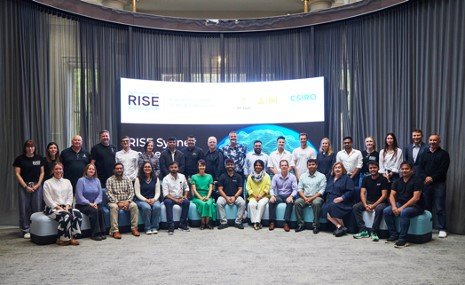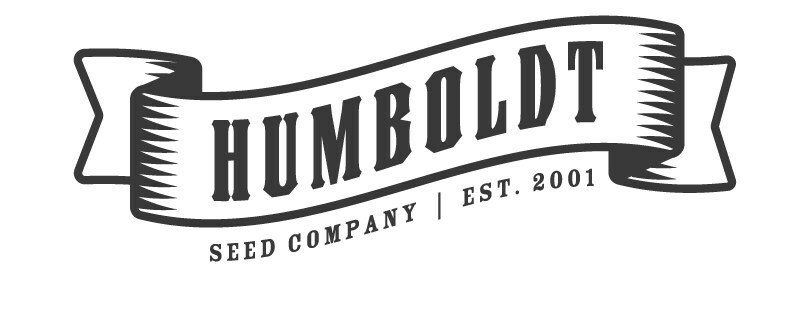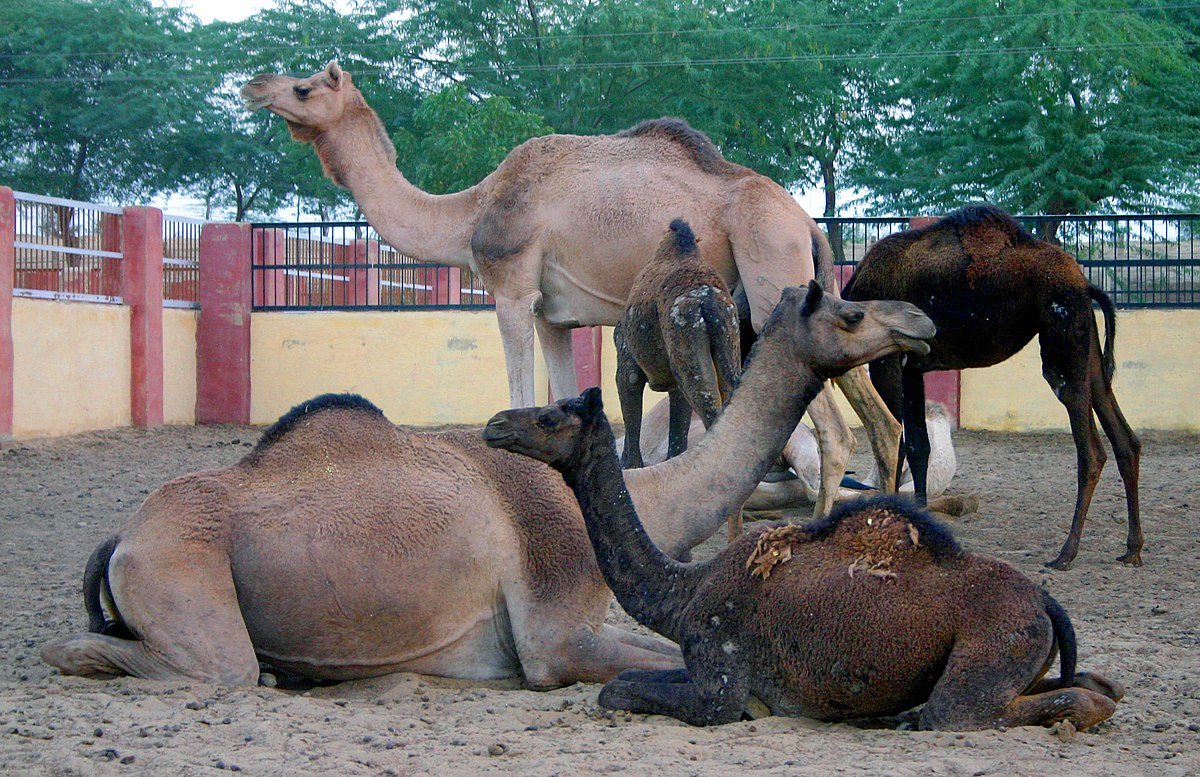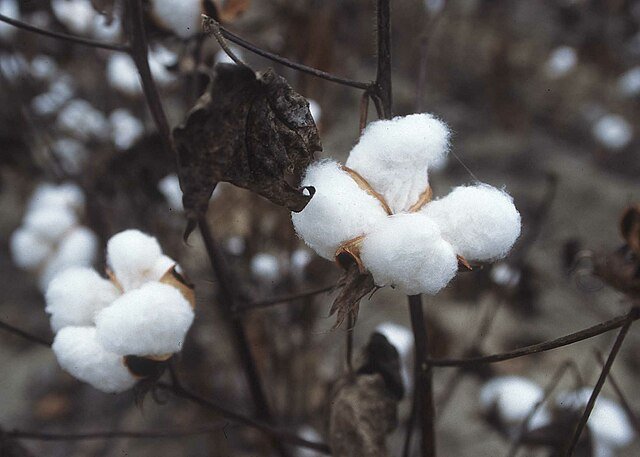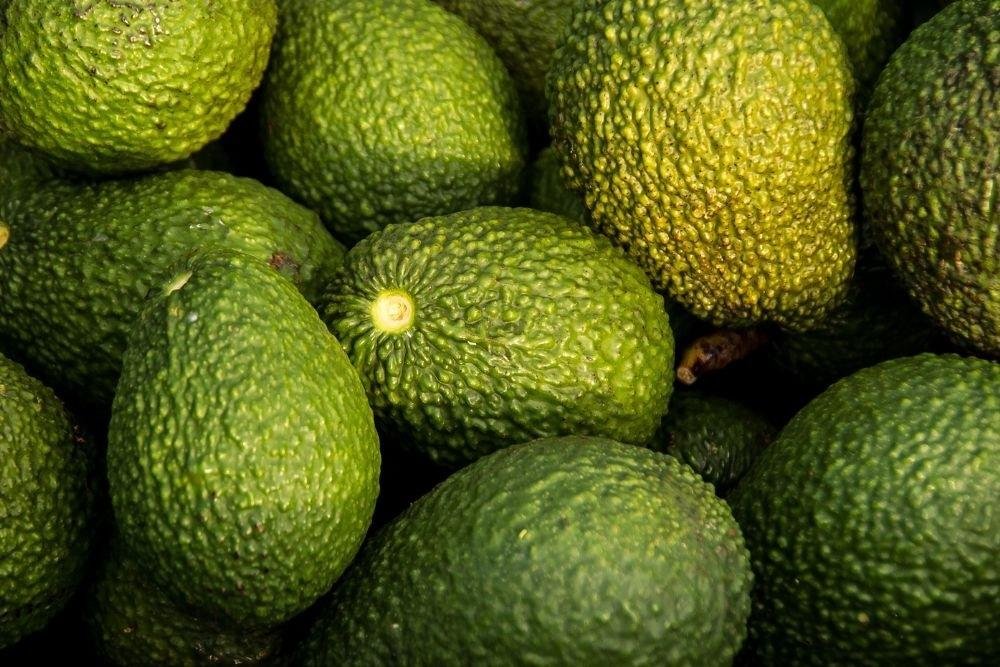India extends the two-month duty-free import period for yellow peas until February 2025
In an effort to lower pulse costs, India has extended the duty-free import period for yellow peas till February 2025. In 2017, the yellow pea tax was first imposed. The main suppliers of pulses to India are Canada, Russia, Myanmar, Australia, and a few African nations. India’s demand exceeds local supply despite expanded production
India’s Directorate General of Foreign Trade (DGFT) has officially announced that it has extended the period for duty-free imports of yellow peas by two months, until February 2025.
The central government permitted duty-free imports of yellow peas in early December 2023 until March 2024. This was then extended to April, June, October, and December. It was one of the measures taken by New Delhi to lower the prices of the pulse basket as a whole.
According to reports, the 50 per cent duty on yellow peas was first imposed in November 2017. Yellow peas are mostly imported by India from Russia and Canada.
India is a major producer and user of pulses, and it imports some of them to help satisfy its needs.
Chana, Masur, urad, Kabuli chana, and tur pulses constitute a staple diet of the people of India.
India is a major producer of pulses, but imports have increased since its output has not kept up with demand. In addition to a few African nations, the imports come from Australia, Russia, Canada, and Myanmar. India’s output of pulses grew from 16.3 million tonnes in 2015–16 to 24.5 million tonnes in 2023–24, while consumption also increased over same time.
In an effort to lower pulse costs,


